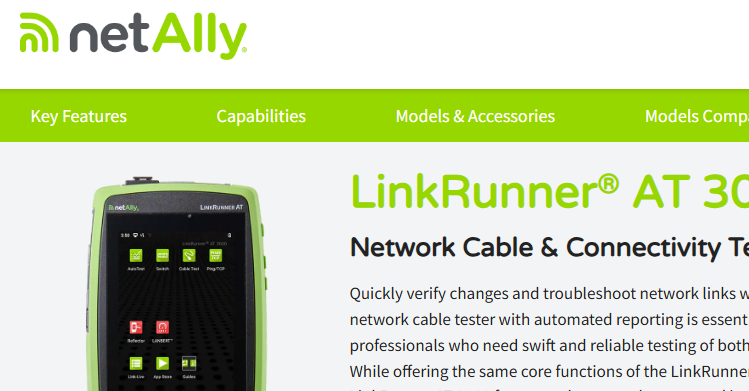Inline tapping - Types & Benefits
- The Oldcommguy
- Jan 25, 2023
- 3 min read

Network inline tapping, also known as network tapping or packet tapping, is a method of monitoring network traffic by inserting a device into the network path (Network TAP). This allows network administrators to analyze and troubleshoot network issues, as well as identify and prevent security threats. This blog post will discuss the benefits of network inline tapping and the different types of network inline tapping.
Benefits of Network Inline Tapping:
Network Visibility: Inline tapping allows network administrators to have a full view of network traffic, including both inbound and outbound traffic. This allows them to identify bottlenecks, troubleshoot issues, and optimize network performance.
Security Monitoring: Inline tapping can also be used to monitor network traffic for security threats, such as malware, intrusion attempts, and other malicious activity. By monitoring network traffic, administrators can quickly identify and respond to potential security breaches.
Compliance: Inline tapping can be used to ensure compliance with industry regulations and standards, such as PCI DSS and HIPAA. By monitoring network traffic, administrators can ensure that sensitive data is transmitted and stored securely.
Traffic Analysis: Network inline tapping can be used to perform a detailed analysis of network traffic, including identifying the types of traffic, the amount of traffic, and the sources and destinations of traffic. This can be useful for identifying trends, optimizing network performance, and troubleshooting issues.
Different Types of Network Inline Tapping:
Passive Tapping: Passive tapping involves inserting a network TAP into the network path that simply monitors traffic without interfering with it. This is the most common type of network inline tapping and is used for monitoring and troubleshooting network issues.
Active Tapping: Active tapping involves inserting a network TAP into the network path that can both monitor traffic and manipulate it. This type of tapping is used for more advanced network analysis, such as identifying and responding to security threats.
Permanent Tapping: Permanent tapping involves installing a network TAP device into the network path that always monitors traffic. This type of tapping is used for long-term monitoring and analysis.
Portable Tapping: Portable tapping is a type of network inline tapping that can be easily moved from one location to another. This type of tapping is used for troubleshooting and monitoring specific areas of the network.
Network Critical's SmartNA Network TAP range is unique to the market as each TAP has been built by us from the ground up. This allows for more a tailored device that suits your needs, which makes for an ideal TAP for any purpose for use, be it monitoring, security, or for performance. The SmartNA TAPs are also able to aggregate, filter, slice, dice, mask, strip, and more to help you get the information you need to perform your best.
Network Critical also provides an Inline Bypass TAP solution, which enables customers to keep pace with increasing network traffic volumes by enhancing Inline security tool performance and removing single points of tool failure by providing multiple layers of resiliency.
Why Network Critical's Inline Bypass TAP solution is the best option:
High-Availability: Network Critical's Inline Bypass TAP solution ensures that network traffic is always flowing, even in the event of a power failure or device failure. This eliminates the risk of network downtime.
Non-Intrusive: The Inline Bypass TAP solution is non-intrusive and does not interfere with network traffic. This means that network administrators can monitor traffic without disrupting it.
Scalable: The Inline Bypass TAP solution can be easily scaled to meet the needs of any network, whether it is small or large.
Easy to use: The Inline Bypass TAP solution is easy to set up and use, making it accessible to network administrators of all skill levels.
This reliable technology allows you to have confidence in maintaining your network security and performance because our TAPs have failsafe technology and support inline security tools, such as advanced threat protection (ATP), intrusion prevention systems (IPS), and web application firewall (WAF). Therefore, the Network Critical Inline Bypass is the first layer of defense needed to protect your network against attacks.
In conclusion, network inline tapping is a powerful tool for network administrators. It allows them to monitor network traffic, troubleshoot issues, identify security threats, and ensure compliance with industry regulations. There are different types of network inline tapping, each with its own advantages and use cases. By understanding these benefits and types, network administrators can make an informed decision when choosing the right inline tapping solution for their network. For more information, contact our expert team at www.networkcritical.com/contact-us.






